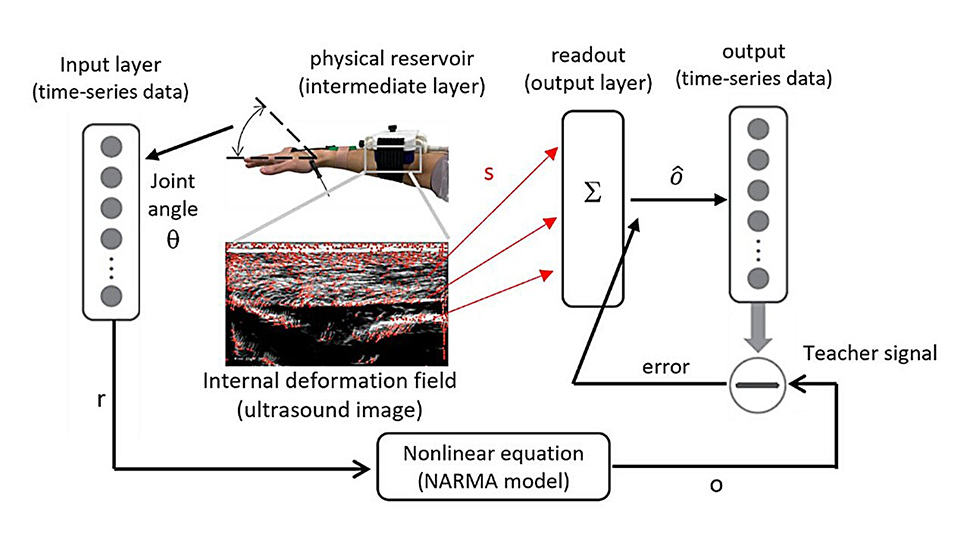- Physical reservoir computing is a muscle-powered Matrix-like concept
- Human tissue’s nonlinear behavior could support real-world data processing
- New study imagines biology and machines merging into hybrid computers
In a study that blends biology and computing, a researcher from the Graduate School of Engineering Science at Osaka University has come up with a concept exploring how human muscles could be used as part of a computational system, processing data and solving problems.
If the idea sounds like something out of The Matrix, that’s not far off. The study hints at a future where the human body becomes a part of the computing environment, blurring the line between man and machine.
In a paper published on IEEE Xplore, Yo Kobayashi shares his research based on reservoir computing, a computational framework that uses a fixed, non-linear system (the “reservoir”) to process time-based data, with only the output layer requiring training. It relies on the natural properties of physical systems to perform complex tasks and Kobayashi’s research suggests human soft tissue could be used to process information.

A different kind of machine
Instead of building a digital model, Yo Kobayashi looked at how real muscles respond under strain, using ultrasound to track wrist movements in volunteers.
These recordings showed how muscle tissue deforms and returns to its original shape, offering a pattern that could be read as data.
“An ideal reservoir possesses both complexity and memory,” explains Kobayashi in an article on Tech Xplore. “Since the mechanical responses of soft tissue inherently demonstrate stress–strain nonlinearity and viscoelasticity, muscular tissue easily satisfies these criteria.”
The system was tested on tasks typically used to benchmark machine learning models. It was able to predict outcomes in nonlinear dynamic systems, showing stronger performance than models that don’t consider internal tissue behavior.
“One potential application area of this technology is wearable devices,” says Kobayashi. “In the future, it may be possible to use our own tissue as a convenient computational resource. Since soft tissue is present throughout the body, a wearable device could delegate calculations to the tissue, enhancing performance.”
The research is still in its early stages. “There are comparatively few studies that use living organisms as reservoirs, and until now, none that use in vivo human tissue,” Kobayashi says.
It’s a fascinating concept, and one that opens the door to a future where computing runs not just on silicon, but on people power.













Leave a comment